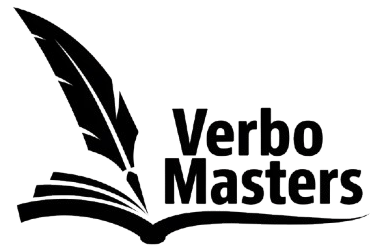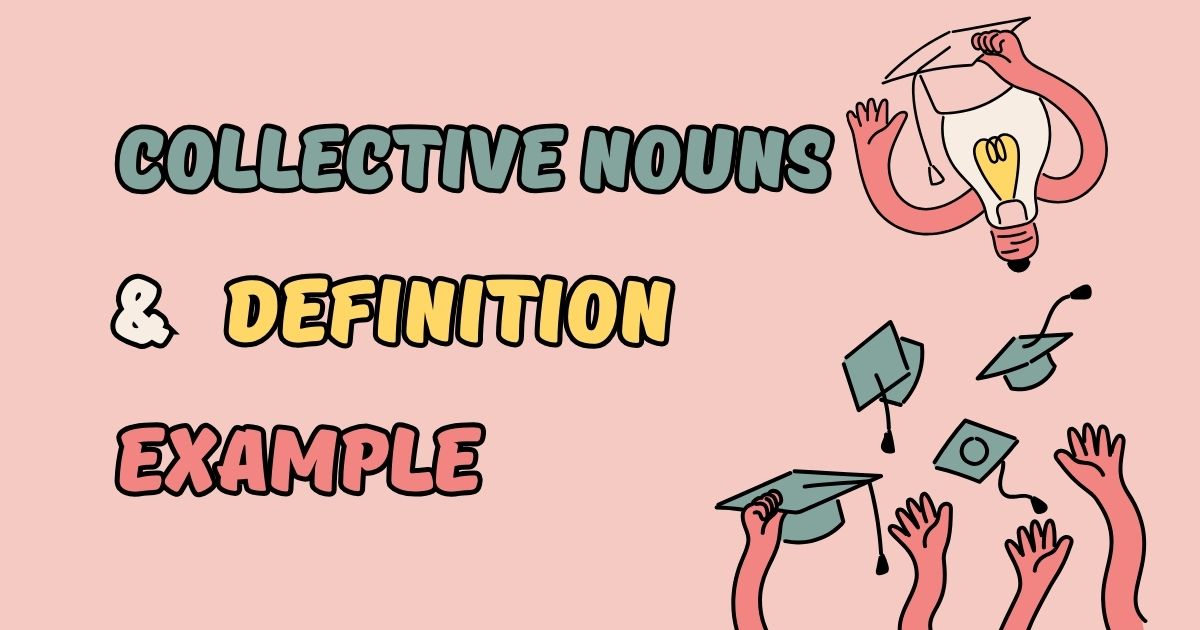Collective nouns refer to words that represent a group of people, animals, or things considered as a single unit. For example, a “team” of players or a “flock” of birds. These nouns help us refer to multiple entities without needing to list them all.
They make language more efficient and interesting by grouping things together. Collective nouns can be used for animals, people, and objects in various contexts. Understanding them is helpful for clear and concise communication, whether in everyday conversation or writing.
Collective Nouns Definition and Example
A collective noun is a word that refers to a group of individuals or things considered as a single unit. For example, “family” refers to a group of related people, and “herd” refers to a group of animals. Collective nouns help simplify language by grouping similar items or beings together without needing to list them all individually.
They are commonly used in both spoken and written language to make communication more efficient. Other examples include “team,” “flock,” and “class.”
You can also read; Write a Letter about Your Daily Routine
List of Collective Nouns:
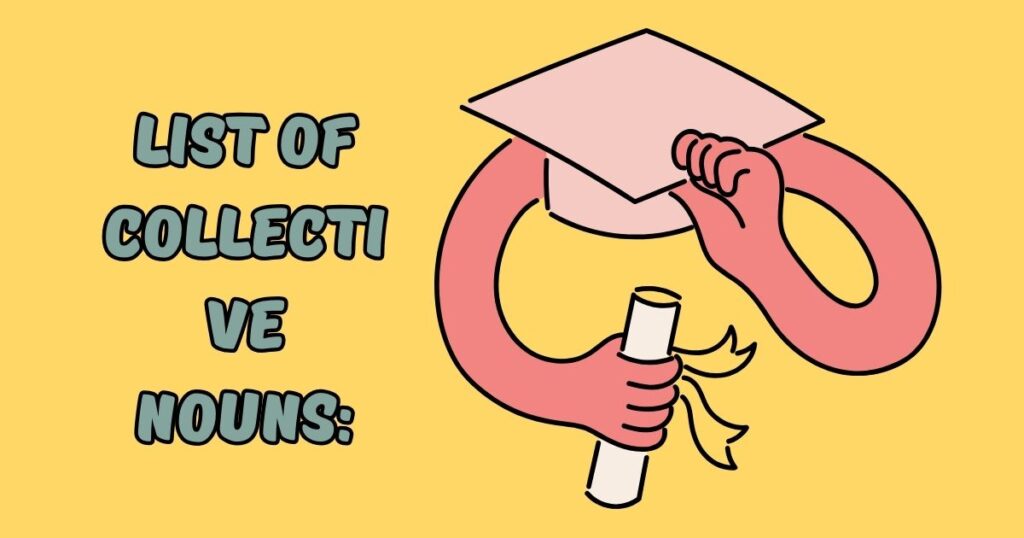
A list of 200 collective nouns:
- A band of musicians
- A pack of wolves
- A swarm of bees
- A flock of birds
- A school of fish
- A pride of lions
- A herd of cattle
- A colony of ants
- A troop of monkeys
- A pod of dolphins
- A litter of puppies
- A gaggle of geese
- A class of students
- A bunch of grapes
- A bouquet of flowers
- A fleet of ships
- A team of horses
- A congregation of worshippers
- A troop of scouts
- A squadron of airplanes
- A cluster of stars
- A parliament of owls
- A hive of bees
- A stack of books
- A deck of cards
- A set of tools
- A collection of coins
- A bundle of sticks
- A bunch of keys
- A set of furniture
- A cabinet of curiosities
- A group of islands
- A series of events
- A chain of mountains
- A row of chairs
- A batch of cookies
- A pile of dirt
- A pool of water
- A crew of workers
- A choir of singers
- A fleet of cars
- A herd of sheep
- A swarm of mosquitoes
- A troop of dancers
- A cluster of houses
- A group of people
- A crew of sailors
- A pack of cards
- A pod of whales
- A convoy of trucks
- A brood of chicks
- A team of footballers
- A flock of sheep
- A pride of tigers
- A team of scientists
- A troupe of actors
- A bunch of bananas
- A colony of penguins
- A herd of elephants
- A crowd of onlookers
- A cluster of buildings
- A set of wheels
- A pair of shoes
- A constellation of stars
- A range of mountains
- A bank of clouds
- A crew of astronauts
- A colony of bats
- A huddle of penguins
- A pack of dogs
- A class of teachers
- A bank of rivers
- A bale of hay
- A gaggle of geese
- A swarm of flies
- A stack of plates
- A brigade of soldiers
- A host of angels
- A cluster of grapes
- A group of tourists
- A bevy of swans
- A pack of cards
- A unit of soldiers
- A group of musicians
- A troupe of comedians
- A squad of police officers
- A pile of laundry
- A nest of spiders
- A bunch of flowers
- A pocket of change
- A school of whales
- A bench of judges
- A team of rivals
- A library of books
- A set of dishes
- A fleet of buses
- A group of friends
- A party of people
- A flock of ducks
- A crash of rhinos
- A band of thieves
- A colony of termites
- A patch of grass
- A set of cutlery
- A group of trees
- A gang of criminals
- A pride of leopards
- A bench of lawyers
- A party of performers
- A pack of lions
- A pack of wolves
- A litter of kittens
- A class of learners
- A stack of chairs
- A string of pearls
- A flotilla of boats
- A gaggle of geese
- A team of horses
- A troop of clowns
- A band of gypsies
- A patch of flowers
- A galaxy of stars
- A school of dolphins
- A group of friends
- A colony of rabbits
- A set of drawers
- A string of lights
- A pack of wolves
- A flight of steps
- A team of rivals
- A group of musicians
- A herd of deer
- A parliament of rooks
- A bouquet of roses
- A group of men
- A pair of sunglasses
- A roll of thunder
- A herd of goats
- A flock of chickens
- A group of students
- A team of doctors
- A swarm of locusts
- A cloud of smoke
- A fleet of taxis
- A coven of witches
- A group of children
- A crash of rhinos
- A series of movies
- A team of players
- A bunch of keys
- A school of fish
- A pile of sand
- A bundle of hay
- A group of cows
- A cluster of islands
- A set of chess pieces
- A pool of jellyfish
- A patch of earth
- A squad of soldiers
- A string of sausages
- A clump of trees
- A flock of geese
- A pack of wolves
- A patch of earth
- A galaxy of stars
- A team of players
- A string of pearls
- A fleet of boats
- A troop of monkeys
- A choir of singers
- A bunch of bananas
- A pod of seals
- A bank of fog
- A litter of hamsters
- A colony of frogs
- A batch of muffins
- A bench of bishops
- A crew of construction workers
- A cloud of dust
- A herd of bison
- A band of pirates
- A pod of jellyfish
- A pack of wolves
- A crew of officers
- A set of pens
- A couple of friends
- A clowder of cats
- A team of athletes
- A set of markers
- A bunch of balloons
- A bundle of cloth
- A colony of lizards
- A class of actors
- A troop of soldiers
- A deck of cards
- A herd of goats
- A cluster of stars
- A pack of cards
- A series of books
- A class of students
These are 200 collective nouns you can use in everyday language to describe various groups of people, animals, or things!
100 examples of collective nouns with sentences
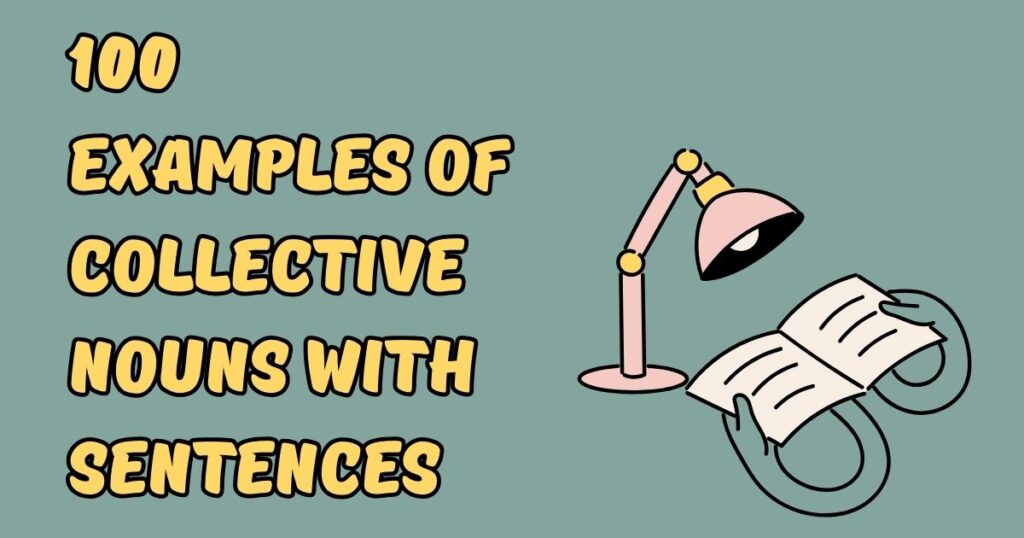
100 examples of collective nouns with sentences for each:
- A team of athletes
- The team of athletes trained hard for the championship.
- The team of athletes trained hard for the championship.
- A flock of birds
- A flock of birds flew across the sky at sunset.
- A flock of birds flew across the sky at sunset.
- A pride of lions
- The pride of lions rested under the shade of a tree.
- The pride of lions rested under the shade of a tree.
- A pack of wolves
- The pack of wolves howled as the moon rose.
- The pack of wolves howled as the moon rose.
- A school of fish
- The diver swam through a school of fish near the coral reef.
- The diver swam through a school of fish near the coral reef.
- A colony of ants
- The colony of ants marched in a straight line across the ground.
- The colony of ants marched in a straight line across the ground.
- A swarm of bees
- A swarm of bees surrounded the blooming flowers.
- A swarm of bees surrounded the blooming flowers.
- A herd of elephants
- The herd of elephants trudged through the savanna.
- The herd of elephants trudged through the savanna.
- A troop of monkeys
- The troop of monkeys swung from tree to tree in the jungle.
- The troop of monkeys swung from tree to tree in the jungle.
- A gaggle of geese
- A gaggle of geese gathered by the lake to rest.
- A gaggle of geese gathered by the lake to rest.
- A bunch of grapes
- I picked a bunch of grapes from the vine in the garden.
- I picked a bunch of grapes from the vine in the garden.
- A fleet of ships
- A fleet of ships sailed across the ocean on a clear day.
- A fleet of ships sailed across the ocean on a clear day.
- A class of students
- The class of students eagerly raised their hands during the lesson.
- The class of students eagerly raised their hands during the lesson.
- A bouquet of flowers
- She received a beautiful bouquet of flowers for her birthday.
- She received a beautiful bouquet of flowers for her birthday.
- A stack of books
- He piled a stack of books on the desk to study for his exams.
- He piled a stack of books on the desk to study for his exams.
- A group of friends
- A group of friends met at the café to catch up on life.
- A group of friends met at the café to catch up on life.
- A bunch of bananas
- I bought a fresh bunch of bananas from the market.
- I bought a fresh bunch of bananas from the market.
- A pod of dolphins
- A pod of dolphins leaped joyfully in the ocean waves.
- A pod of dolphins leaped joyfully in the ocean waves.
- A colony of penguins
- The colony of penguins huddled together for warmth on the icy shore.
- The colony of penguins huddled together for warmth on the icy shore.
- A band of musicians
- The band of musicians played a lively tune at the concert.
- The band of musicians played a lively tune at the concert.
- A crew of sailors
- The crew of sailors worked together to navigate the ship through the storm.
- The crew of sailors worked together to navigate the ship through the storm.
- A set of tools
- He used a set of tools to fix the broken bike.
- He used a set of tools to fix the broken bike.
- A choir of singers
- The choir of singers performed a beautiful melody at the concert.
- The choir of singers performed a beautiful melody at the concert.
- A pack of cards
- We played a game of poker with a pack of cards.
- We played a game of poker with a pack of cards.
- A collection of coins
- He proudly showed me his collection of coins from around the world.
- He proudly showed me his collection of coins from around the world.
- A batch of cookies
- She baked a batch of cookies for the school fundraiser.
- She baked a batch of cookies for the school fundraiser.
- A bunch of keys
- I lost my bunch of keys on the way home.
- I lost my bunch of keys on the way home.
- A deck of cards
- They shuffled the deck of cards and dealt a new hand.
- They shuffled the deck of cards and dealt a new hand.
- A herd of cattle
- The herd of cattle grazed peacefully in the field.
- The herd of cattle grazed peacefully in the field.
- A library of books
- The library of books was full of exciting new releases.
- The library of books was full of exciting new releases.
- A crowd of people
- A crowd of people gathered to watch the parade.
- A crowd of people gathered to watch the parade.
- A group of islands
- We sailed around a group of islands in the Pacific Ocean.
- We sailed around a group of islands in the Pacific Ocean.
- A pod of whales
- A pod of whales was spotted off the coast during our trip.
- A pod of whales was spotted off the coast during our trip.
- A flock of sheep
- The flock of sheep grazed in the meadow by the farmhouse.
- The flock of sheep grazed in the meadow by the farmhouse.
- A troupe of dancers
- The troupe of dancers performed an elegant ballet.
- The troupe of dancers performed an elegant ballet.
- A set of furniture
- I bought a new set of furniture for the living room.
- I bought a new set of furniture for the living room.
- A batch of muffins
- She baked a batch of muffins for the morning breakfast.
- She baked a batch of muffins for the morning breakfast.
- A gang of criminals
- The police arrested a gang of criminals who were involved in the robbery.
- The police arrested a gang of criminals who were involved in the robbery.
- A cluster of stars
- The telescope allowed us to observe a cluster of stars in the night sky.
- The telescope allowed us to observe a cluster of stars in the night sky.
- A bevy of swans
- A bevy of swans glided gracefully across the lake.
- A bevy of swans glided gracefully across the lake.
- A band of thieves
- The band of thieves was caught by the police after a long chase.
- The band of thieves was caught by the police after a long chase.
- A set of china
- She carefully unpacked her antique set of china.
- She carefully unpacked her antique set of china.
- A herd of deer
- A herd of deer wandered quietly through the forest.
- A herd of deer wandered quietly through the forest.
- A team of horses
- The team of horses pulled the carriage down the road.
- The team of horses pulled the carriage down the road.
- A chain of mountains
- We hiked through a chain of mountains during our vacation.
- We hiked through a chain of mountains during our vacation.
- A pack of wolves
- A pack of wolves was heard howling under the full moon.
- A pack of wolves was heard howling under the full moon.
- A troop of scouts
- The troop of scouts helped clean up the park during their community service day.
- The troop of scouts helped clean up the park during their community service day.
- A flight of stairs
- I tripped on the flight of stairs while rushing to class.
- I tripped on the flight of stairs while rushing to class.
- A series of events
- The series of events led to the grand opening of the new store.
- The series of events led to the grand opening of the new store.
- A class of actors
- The class of actors performed their final rehearsal before the big show.
- The class of actors performed their final rehearsal before the big show.
- A group of people
- A group of people gathered at the park for the outdoor concert.
- A group of people gathered at the park for the outdoor concert.
- A family of four
- The family of four went on a road trip across the country.
- The family of four went on a road trip across the country.
- A row of houses
- The row of houses along the street were beautifully decorated for the holidays.
- The row of houses along the street were beautifully decorated for the holidays.
- A bundle of sticks
- He carried a bundle of sticks to the campsite for the fire.
- He carried a bundle of sticks to the campsite for the fire.
- A herd of buffalo
- A herd of buffalo roamed freely across the plains.
- A herd of buffalo roamed freely across the plains.
- A class of teachers
- The class of teachers attended a conference on educational methods.
- The class of teachers attended a conference on educational methods.
- A bunch of flowers
- She handed me a bunch of flowers as a gesture of kindness.
- She handed me a bunch of flowers as a gesture of kindness.
- A colony of butterflies
- The colony of butterflies fluttered gently in the garden.
- The colony of butterflies fluttered gently in the garden.
- A crew of workers
- The crew of workers completed the building project ahead of schedule.
- The crew of workers completed the building project ahead of schedule.
- A school of whales
- We watched as a school of whales breached the surface of the water.
- We watched as a school of whales breached the surface of the water.
- A flock of chickens
- The flock of chickens clucked noisily around the barnyard.
- The flock of chickens clucked noisily around the barnyard.
- A bench of judges
- The bench of judges deliberated over the court case for hours.
- The bench of judges deliberated over the court case for hours.
- A flight of birds
- A flight of birds flew overhead as we walked through the park.
- A flight of birds flew overhead as we walked through the park.
- A pile of leaves
- The children jumped into the pile of leaves after raking the yard.
- The children jumped into the pile of leaves after raking the yard.
- A pack of dogs
- The pack of dogs barked excitedly as they ran through the park.
- The pack of dogs barked excitedly as they ran through the park.
- A couple of friends
- A couple of friends went out for coffee after the meeting.
- A couple of friends went out for coffee after the meeting.
- A team of doctors
- The team of doctors worked together to perform the surgery.
- The team of doctors worked together to perform the surgery.
- A troupe of clowns
- The troupe of clowns entertained the crowd with their hilarious antics.
- The troupe of clowns entertained the crowd with their hilarious antics.
- A group of strangers
- A group of strangers stood waiting at the bus stop.
- A group of strangers stood waiting at the bus stop.
- A series of books
- I’ve read the entire series of books about the adventures of Sherlock Holmes.
- I’ve read the entire series of books about the adventures of Sherlock Holmes.
- A stack of paper
- I have a stack of paper to sort through for my presentation.
- I have a stack of paper to sort through for my presentation.
- A convoy of trucks
- A convoy of trucks passed through the highway, transporting goods.
- A convoy of trucks passed through the highway, transporting goods.
- A pair of shoes
- I need to buy a new pair of shoes for the wedding.
- I need to buy a new pair of shoes for the wedding.
- A set of instructions
- He followed the set of instructions carefully to assemble the furniture.
- He followed the set of instructions carefully to assemble the furniture.
- A flock of seagulls
- A flock of seagulls swooped down to catch crumbs by the beach.
- A flock of seagulls swooped down to catch crumbs by the beach.
- A pack of wolves
- The pack of wolves trekked through the snow, hunting for food.
- The pack of wolves trekked through the snow, hunting for food.
- A bunch of friends
- A bunch of friends met at the movie theater to catch the latest film.
- A bunch of friends met at the movie theater to catch the latest film.
- A squad of soldiers
- The squad of soldiers marched in formation during the ceremony.
- The squad of soldiers marched in formation during the ceremony.
- A gang of thieves
- The police apprehended the gang of thieves after a high-speed chase.
- The police apprehended the gang of thieves after a high-speed chase.
- A pair of scissors
- I couldn’t find my pair of scissors to cut the ribbon.
- I couldn’t find my pair of scissors to cut the ribbon.
- A team of horses
- A team of horses pulled the heavy wagon across the field.
- A team of horses pulled the heavy wagon across the field.
- A bouquet of roses
- He gave her a bouquet of roses to celebrate their anniversary.
- He gave her a bouquet of roses to celebrate their anniversary.
- A troop of clowns
- The troop of clowns made everyone laugh during the circus performance.
- The troop of clowns made everyone laugh during the circus performance.
- A class of students
- The class of students raised their hands to answer the teacher’s question.
- The class of students raised their hands to answer the teacher’s question.
- A bunch of flowers
- She received a bunch of flowers as a gift for her graduation.
- She received a bunch of flowers as a gift for her graduation.
- A team of engineers
- The **team of engineers
- The **team of engineers
** designed the new building structure.
- A bank of clouds
- A bank of clouds covered the sky, signaling an incoming storm.
- A bank of clouds covered the sky, signaling an incoming storm.
- A pack of wolves
- The pack of wolves was spotted near the mountain range.
- The pack of wolves was spotted near the mountain range.
- A band of musicians
- The band of musicians played lively tunes at the festival.
- The band of musicians played lively tunes at the festival.
- A pod of seals
- The pod of seals sunbathed on the rocks by the shore.
- The pod of seals sunbathed on the rocks by the shore.
- A group of tourists
- A group of tourists toured the famous historical landmarks.
- A group of tourists toured the famous historical landmarks.
- A crew of astronauts
- The crew of astronauts prepared for their mission to space.
- The crew of astronauts prepared for their mission to space.
- A line of cars
- There was a long line of cars waiting to get through the toll booth.
- There was a long line of cars waiting to get through the toll booth.
- A colony of bats
- The colony of bats flew out of the cave at dusk.
- The colony of bats flew out of the cave at dusk.
- A flock of pigeons
- A flock of pigeons took flight as the crowd approached.
- A flock of pigeons took flight as the crowd approached.
- A bundle of joy
- The parents were excited to welcome their bundle of joy into the world.
- The parents were excited to welcome their bundle of joy into the world.
- A pair of twins
- The pair of twins dressed alike for their birthday party.
- The pair of twins dressed alike for their birthday party.
- A collection of stamps
- He proudly displayed his collection of stamps in a glass case.
- He proudly displayed his collection of stamps in a glass case.
- A pod of dolphins
- A pod of dolphins swam alongside our boat during the tour.
- A pod of dolphins swam alongside our boat during the tour.
- A pride of tigers
– A pride of tigers roared loudly from their enclosure at the zoo.
These examples demonstrate how collective nouns are used to refer to a group of similar items or beings!
FAQs
What is a collective noun?
A collective noun is a word that represents a group of individuals or things considered as a single unit. For example, “flock” refers to a group of birds, and “team” refers to a group of players.
Can collective nouns be both singular and plural?
Yes, collective nouns can be singular or plural depending on the context. When referring to the group as a whole, it is usually singular. But if the individual members of the group are emphasized, it can be plural.
Are there any exceptions to collective nouns?
Some collective nouns may appear in plural form but still refer to a group as a whole. For example, “family” can be treated as singular or plural depending on how it is used in a sentence.
Can a collective noun be used for people, animals, and things?
Yes, collective nouns can be used for people, animals, and things. For example, “class” refers to a group of people, “herd” refers to a group of animals, and “bunch” refers to things like bananas.
Are collective nouns only used in formal writing?
No, collective nouns are used in both formal and informal writing. They help simplify language by referring to groups in a more efficient way, whether you’re writing a story, an email, or an academic paper.
Do collective nouns change in different languages?
Yes, collective nouns can vary across languages. Some languages may have specific rules about how to treat collective nouns, and their use might be different in terms of number or gender.
Can collective nouns be used in everyday conversation?
Yes, collective nouns are commonly used in everyday conversations. They help convey the idea of a group efficiently, such as saying “a team of players” or “a bunch of friends.”
Can a collective noun refer to a single item?
While collective nouns generally refer to a group, they can also be used to describe a single item made up of multiple parts. For instance, “bunch” can refer to a single group of grapes.
Do collective nouns always require a plural verb?
Not always. Collective nouns take a singular verb when the group is seen as one unit (e.g., “The team is winning”). However, they take a plural verb when focusing on individual members of the group (e.g., “The team are arguing amongst themselves”).
How do you know when to use a collective noun?
Use collective nouns when referring to groups of people, animals, or things. Consider whether you are talking about the group as a whole or the individual members to decide whether to use a singular or plural verb.
Conclusion
Collective nouns are words used to describe groups of people, animals, or things. They simplify language by referring to multiple entities as a single unit. For instance, we use “flock” for a group of birds or “team” for a group of players.
These nouns are commonly used in both formal and informal settings. They help convey ideas clearly and efficiently, whether in stories, conversations, or academic texts. Understanding collective nouns is essential for effective communication.
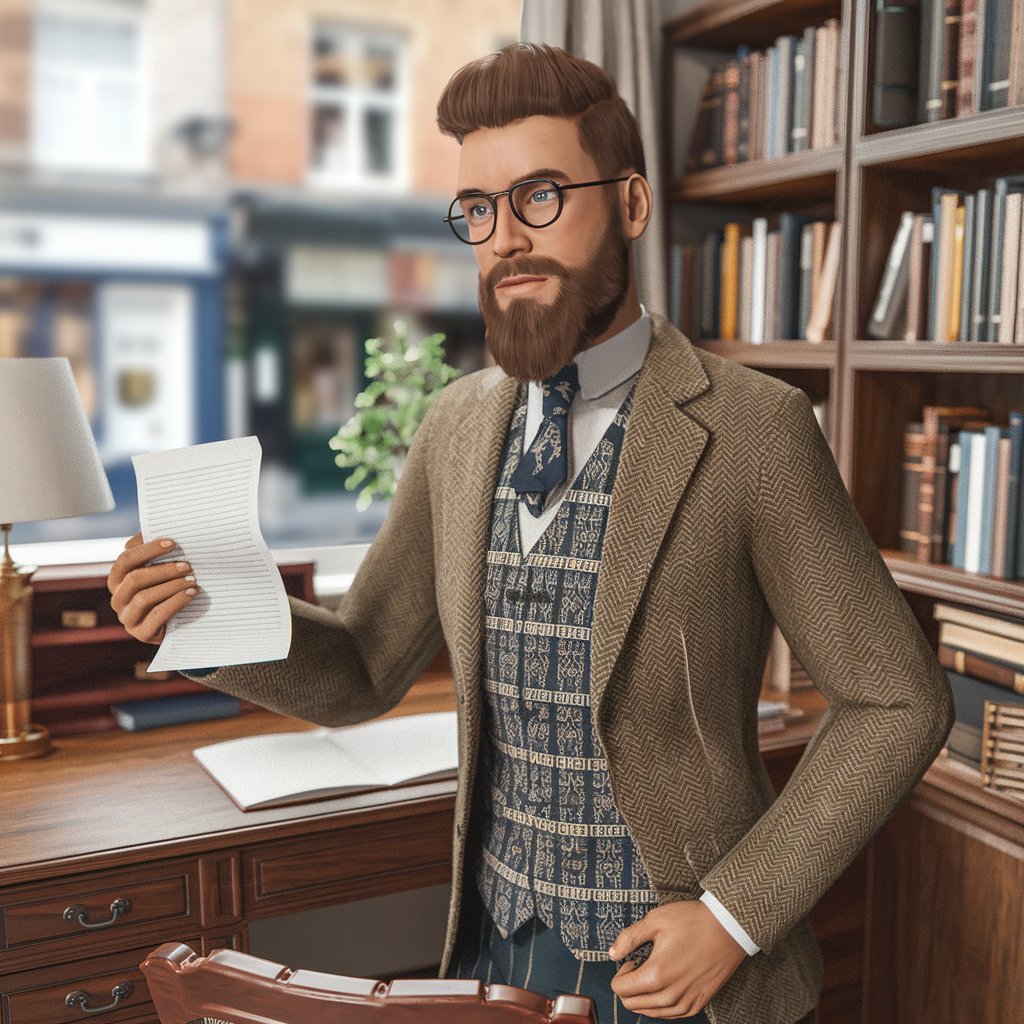
I’m John Smith, a language enthusiast dedicated to helping writers, students, and professionals master the art of clear and effective communication. Whether you’re looking for grammar tips, writing guides, or common mistake corrections, you’ll find valuable insights to improve your language skills. Let’s make grammar simple and fun!
